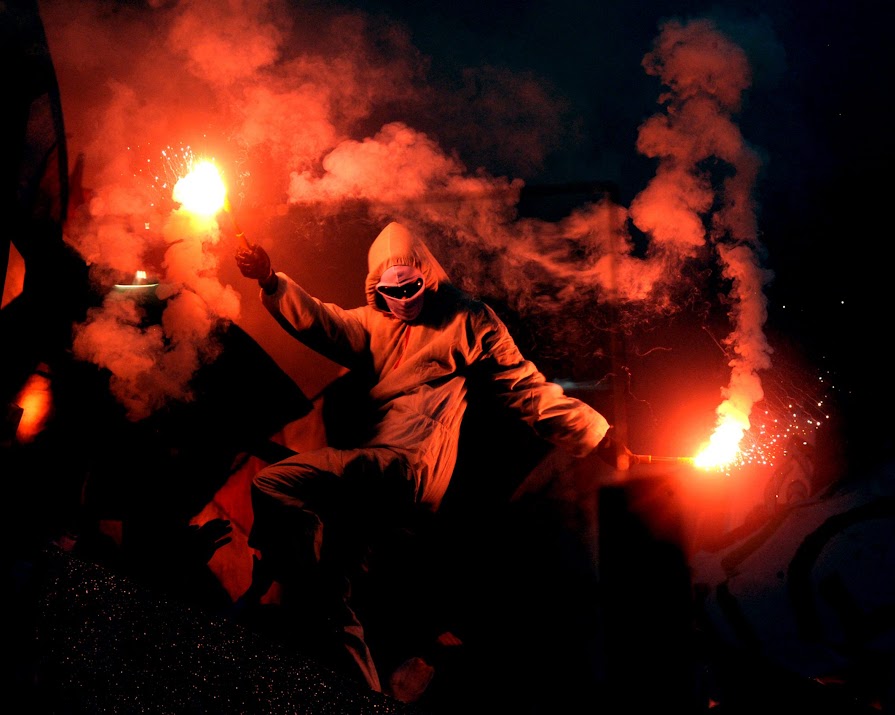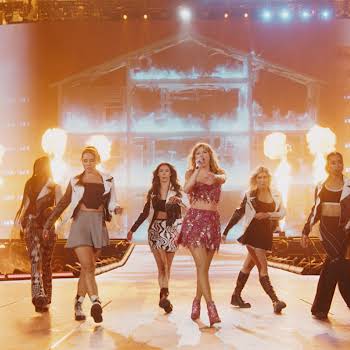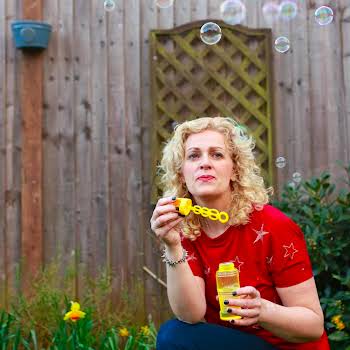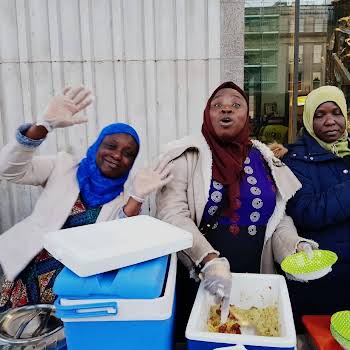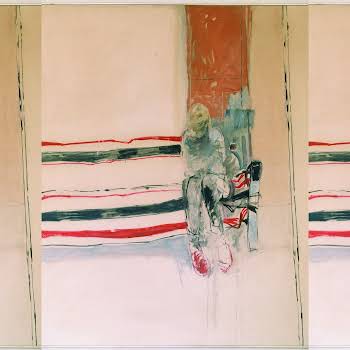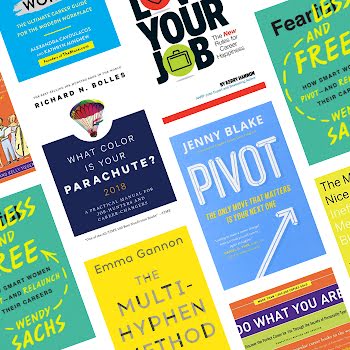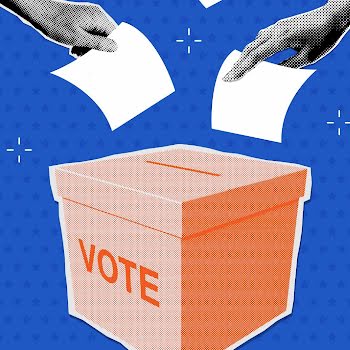England fans showed the unsightly side of football last night, but it’s women who will suffer
By Sarah Finnan
12th Jul 2021
12th Jul 2021
According to the research, instances of domestic violence/abuse usually surge following major football matches.
Millions of people tuned in to watch the Euros 2020 final between England and Italy last night, but while one side was always destined to be disappointed, the disgraceful behaviour of fans even before the final whistle will have far more serious consequences for women and people of colour.
Hooliganism has long been a word associated with English football, in particular. Fiercely divisive rivalries were allowed to grow legs, often fuelled by a drinking culture that encouraged spectators to celebrate or commiserate in excess.
In an historically tumultuous relationship, the violence only intensified in the late 1960s and 1970s when groups of diehard fans would attend matches for the sole reason of targeting fans from rival clubs. Public areas surrounding stadiums became places to avoid and match day was suddenly tainted by the shocking behaviour fans would try to pass off as intense “passion” for the game.
Things peaked in the 1980s though when both the horrors of Hillsborough and the Heysel Stadium disaster saw the government have to majorly step up to address the situation. Thankfully, in the years following things quietened down but last night’s scenes both inside and outside Wembley Stadium point to history repeating itself.
Around 60,000 fans filed into the stadium to watch England take on Italy in the final showdown but admittedly it was hard to focus on what was happening on the pitch. Heckling their own team for taking the knee – a peaceful protest against discrimination, injustice and inequality – supporters (if you can really call them that), went on to drown out the Italian national anthem with their boos before things got physically violent and crowds could be seeing forcing their way into the venue. Attacking security and fellow attendees, little mercy was shown and people appeared to be fighting at random just for the sake of it. One video showed a young man, apparently caught in the crosshairs being kicked in the head while lying on the ground.
Local councillors had already issued a stark warning to the public prior to the tournament’s kick-off earlier this summer, but it was to no avail it seems. Pleading with people to enjoy the competition responsibly, you do have to question who suffers as a result of such violence? It’s definitely not the Football Association (FA). A multi-million-pound company, they have one of the richest sporting leagues in the world… so, safe to say that they’ll continue to flourish.
Which leaves women and people of colour bearing the brunt of the violence.
Reminding people that large sporting events can often “be the catalyst for increasing or more severe abuse”, Women’s Aid said that the match could compound an abusive partner’s pre-existing patterns of behaviour. In fact, according to an article published in Independent UK, research found that the number of domestic abuse cases surged by almost 40% following English losses in the 2002, 2006 and 2010 World Cups.
But violence doesn’t just increase when they lose either, with the Lancashire police force reporting that incidents increased by 26% even when the English team either won or drew a match.
Speaking out on the importance of ensuring people know where to find the proper support should they need it, councillor Nesil Caliskan commented, “Football does not cause domestic abuse – the behaviour and actions of abusers who exert power and control over their victims cause it.
“However, with research showing a clear link between football tournaments and rising instances of domestic abuse, there is a need to ensure people are aware of the potential signs of domestic abuse and where to go to report it or seek help.”
The racism seen last night was yet another example that things are moving backwards rather than forward. Marcus Rashford, Jadon Sancho and Bukayo Saka all missed penalties last night with their social media pages being inundated with racist comments as a result. Condemning the “appalling” treatment of the team following their defeat, Prime Minister Boris Johnson said that they did not deserve to be subjected to such hatred and should actually be hailed as heroes.
Issuing a statement in response to the unforgivable public backlash, a spokesperson for the Football Association said that officials were outraged by the treatment of some of the team members. “The FA strongly condemns all forms of discrimination and is appalled by the online racism that has been aimed at some of our England players on social media,” the spokesperson said.
“We could not be clearer that anyone behind such disgusting behaviour is not welcome in following the team. We will do all we can to support the players affected while urging the toughest punishments possible for anyone responsible.
“We will continue to do everything we can to stamp discrimination out of the game, but we implore government to act quickly and bring in the appropriate legislation so this abuse has real-life consequences.”
Also urging social media companies to “step up and take accountability”, the statement continued to say that abusers should not only be banned from using such platforms but should be prosecuted for their actions too. The Metropolitan Police followed suit and condemned the “unacceptable” abuse, adding that it will be further investigating the “offensive and racist” social media posts.
However, while the FA has spoken out against the comments, such behaviour has long been allowed to thrive and prosper in football culture. It’s not enough to say “we don’t support this” and wipe your hands of all culpability. The truth is that this is football’s problem. It starts from the very top – whether the powers that be like to admit it or not. Yes, it’s the players that make the game but the industry would be nothing without the fans.
Everything from the merchandise to the highly sought-after tickets is aimed at drawing people in, but it’s clear that the FA’s relationship with the fans is very much a fairweather one. You can’t claim them as your own solely when they behave well.
Furthermore, you can’t separate the sport from the culture when they’re very clearly one and the same. So long as the industry continues profiting from the fans, they can’t distance themself from the bad behaviour maintaining that it’s not their problem to solve. The issue goes beyond the notion that it’s “just a few bad eggs”.
Feature image via Getty











